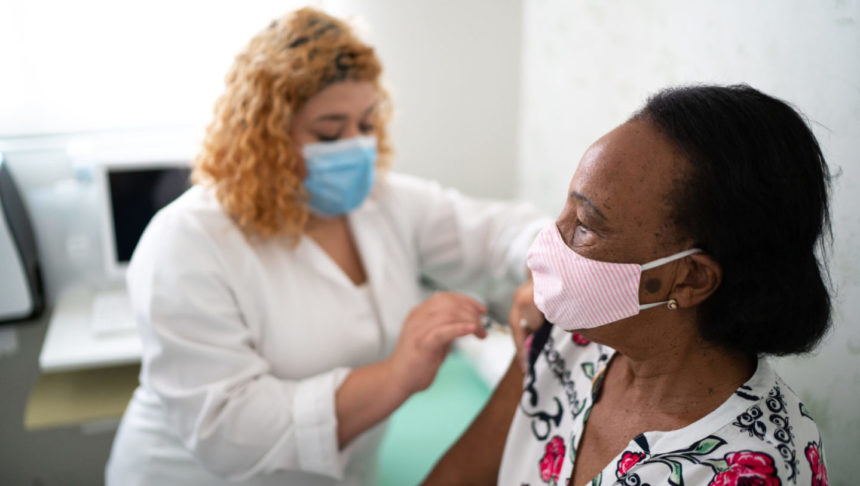
While older adults from minority ethnic backgrounds are at increased risk of contracting and dying from COVID-19, vaccine hesitancy continues to be high among these individuals. In an effort to better understand the key factors influencing COVID-19 vaccination status and possibly address this reluctance, researchers at the University College London conducted a systematic review of 28 published studies on vaccine uptake within minority communities around the world.
They identified 13 different themes related to vaccine uptake, falling into three predetermined structural determinants of COVID-19 vaccination status: healthcare provider- and system -related; patient-related; and policy and operational level. Some themes summarized barriers to vaccination, such as misinformation or personal beliefs, while other themes outlined factors facilitating access, such as vaccination reminders from healthcare providers.
“Vaccination uptake amongst older adults from minority ethnic backgrounds can be supported through a multi-level approach — including increased education, access and culturally competent discussions with trusted healthcare professionals to address health beliefs,” the authors wrote. “Such measures can maximize the potential impact of widespread vaccination policies.”
Full findings were published in PLOS Medicine.




